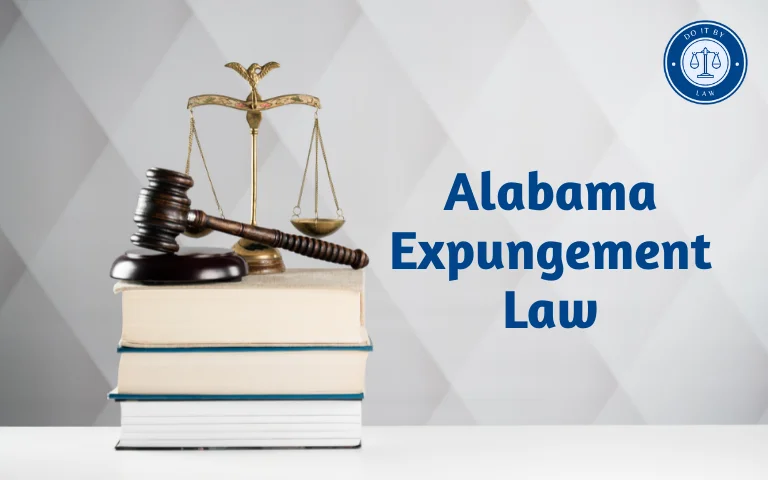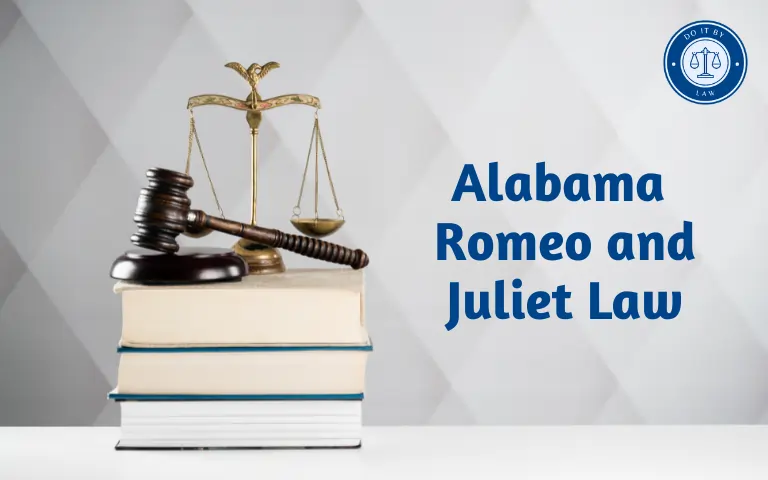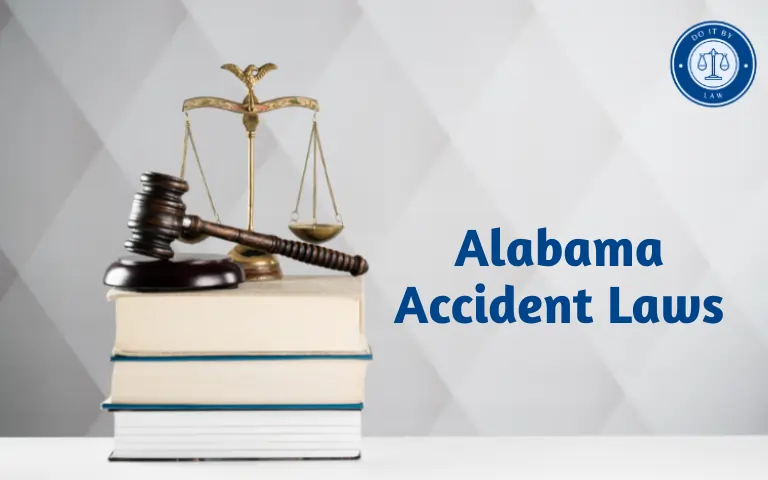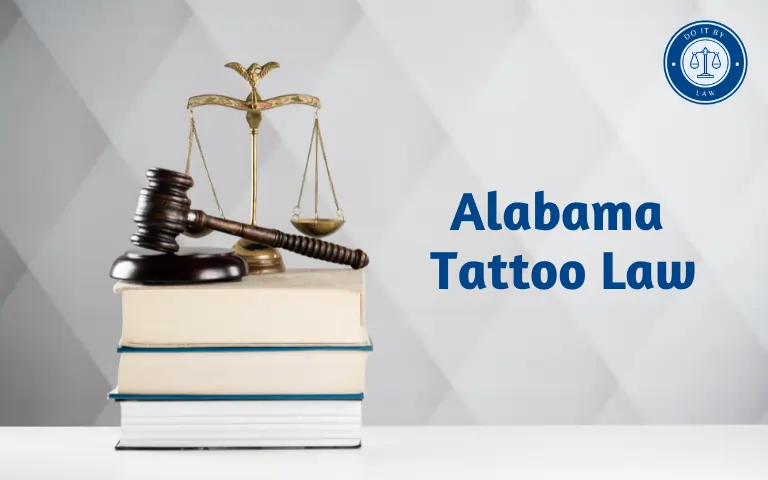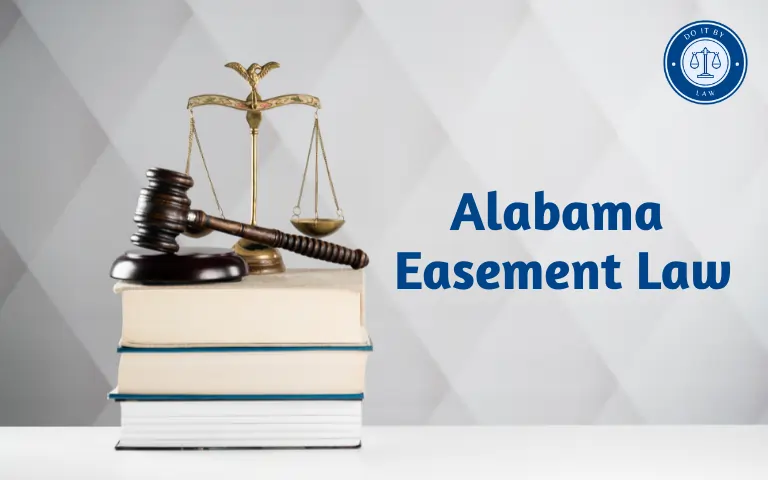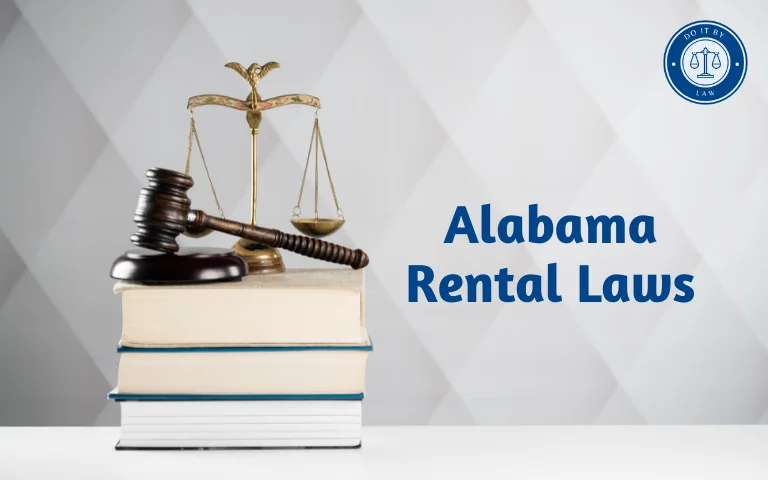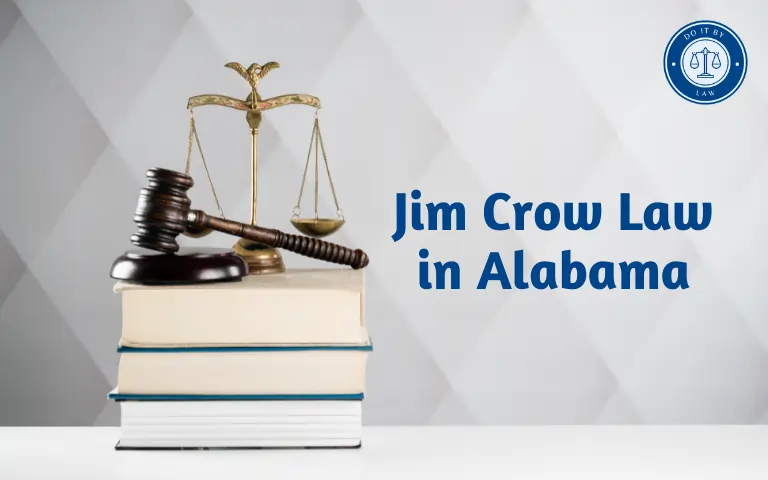Alabama Expungement Law: What You Need to Know
Alabama has laws allowing expungement of certain criminal records under limited circumstances. Expungement can provide a fresh start by removing past arrests, charges, or convictions from public view. However, Alabama Expungement Law is restrictive compared to some other states. Few charges qualify, waiting periods are lengthy, and the process is complex. Understanding expungement restrictions and eligibility in Alabama is key.
This article explains Alabama’s expungement law in depth including history, eligibility, process, limitations, recent changes, and more. It aims to clarify this complex area so those with records can review options.
When Alabama Enacted Expungement Law and Why
Alabama first enacted an expungement law in 1988. The original law allowed the expunging of non-conviction records for first-time minor offenses after a three-year waiting period. The motivation was to address employment barriers for those with minor records. Advocates argued past mistakes should not cause lifelong disadvantages once people move forward positively.
Over time, Alabama incrementally expanded expungement eligibility and streamlined the process:
- 1996 – Added expungement option for certain drug possession charges.
- 2008 – Allowed expungement of all non-conviction records.
- 2015 – Reduced waiting period for most non-convictions to 6 months.
- 2017 – Added expungement eligibility for certain felonies through pardons.
Expungement provides incentives and hope for rehabilitated individuals to fully reintegrate into society. But Alabama maintains tighter limits than many states.
Who Alabama Expungement Law Applies To
Alabama’s expungement law allows record clearing mainly in two scenarios:
1. Non-Conviction Records:
- Arrests that did not result in charges.
- Dismissed or nolle prosequi charges.
- First-time drug possession charges deferred under probation.
2. Rare Convictions:
- Felonies receiving a full pardon with expungement authorization.
- Trafficking drug possession charges are reduced to misdemeanors through drug court diversion.
Juvenile records may also qualify in limited circumstances. Otherwise, Alabama convictions remain on record permanently.
Key Provisions of Alabama Expungement Law
Alabama expungement law contains eligibility standards, process rules, and restrictions:
- Eligible Offenses:- Only the limited non-conviction or rare conviction circumstances qualify. Most convictions are ineligible.
- Waiting Periods Required:- Non-convictions have 6-month waiting periods from the arrest/charge date. Pardoned felonies require 5 years.
- Limits on Number:- Individuals can only delete one instance of qualifying charges. Multiple offenses cannot be combined.
- Process and Fees:- Petitioners must obtain certified records, file a petition in court, pay a $500 fee, and serve notices. Courts review based on statutory requirements.
- Effect of Expungement: Records are essentially sealed from public view and some private background checks. But law enforcement still has access.
No Elimination of Guilt
Expungement hides but does not erase the record or establish factual innocence under the law.
Penalties for Violating Alabama Expungement Law
It is a Class B misdemeanor under Alabama law to unlawfully disclose sealed expunged records. This can include:
- Employers, landlords, or others improperly access expunged records in background checks.
- Anyone publically re-disclosing or distributing expunged records.
- Government agencies or officials improperly release sealed records.
Class B misdemeanors are punishable by up to 90 days of jail time and fines of up to $3,000. Officials may also face loss of position or benefits.
Recent and Proposed Changes to Alabama Expungement Law
Some recent changes and reform proposals include:
- 2015 – Reduced waiting period for first-time non-convictions. Previously, it was 5 years.
- 2019 – Bill introduced but not passed to allow felonies to be expunged after 15 years.
- 2021 – Proposed adding certain additional non-violent felonies as eligible for expungement.
- 2022 – Bill introduced to allow expungement of most felonies after 10 conviction-free years.
Efforts continue to incrementally expand record-clearing eligibility in Alabama through legislation. However significant limits remain under current law.
Controversies Around Alabama Expungement Law
Alabama’s narrow expungement law prompts debate similar to other states over:
- Difficulty getting employment with any conviction history.
- Disproportionate impact on marginalized communities with higher arrest rates.
- Punitive nature of permanently maintaining conviction records.
- Unreasonable constraints on eligibility for record clearing.
- Inadequate support for services helping with record expungement.
- Government reluctance to expand opportunities for rehabilitated individuals.
- Burdensome expungement petition process compared to automated systems.
Overall, advocates argue for expanded paths allowing expungement after rehabilitation, which proponents view as advancing public safety.
Conclusion and Key Takeaways on Alabama Expungement Law
In summary, Alabama strictly limits record expungement eligibility to narrow non-conviction circumstances and rare conviction cases. Lengthy waiting periods, limitations on the number of instances, and complex court processes add hurdles. But reforms continue to incrementally widen eligibility.
Key takeaways on Alabama expungement law:
- Only arrests/charges not resulting in conviction are eligible after a 6-month wait.
- Very few conviction circumstances allow expungement, like pardoned felonies.
- The court process to seal records is lengthy and complex.
- Recently proposed bills seek to expand eligible convictions.
- Alabama maintains tighter limits than many other states.
Considering Alabama’s restrictive expungement laws, consulting an attorney on record-clearing options is advisable. Ongoing advocacy promotes expanding paths to expungement.
Frequently Asked Questions About Alabama Expungement Law
References on Alabama Expungement Law
Alabama Expungement Statutes – AL Code Section 15-27-1
Alabama Law on Expungement Eligibility – AL.gov
Alabama Expungement Advocacy – Greater Birmingham Ministries

